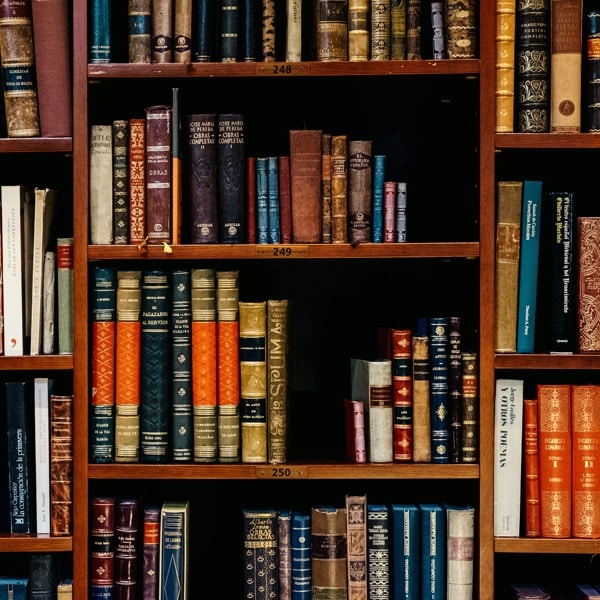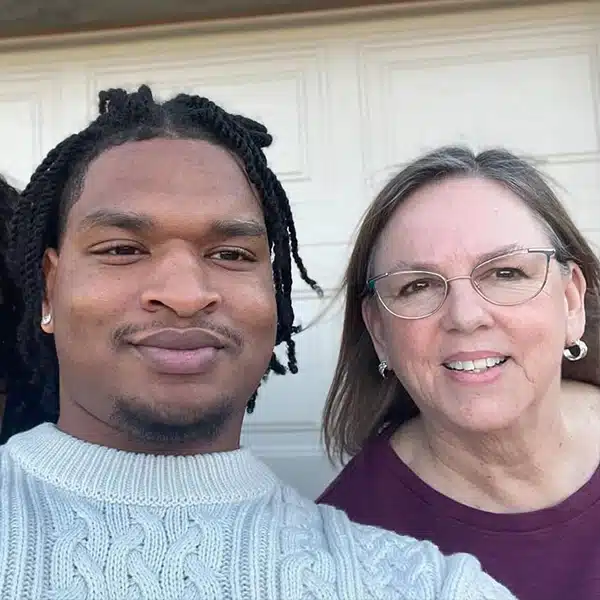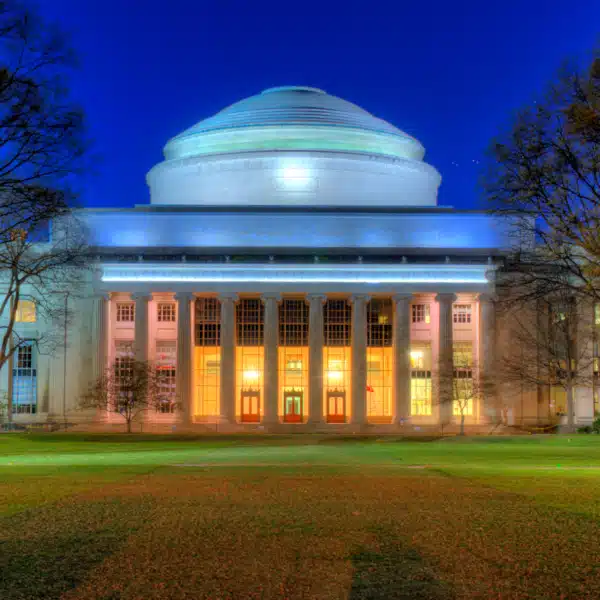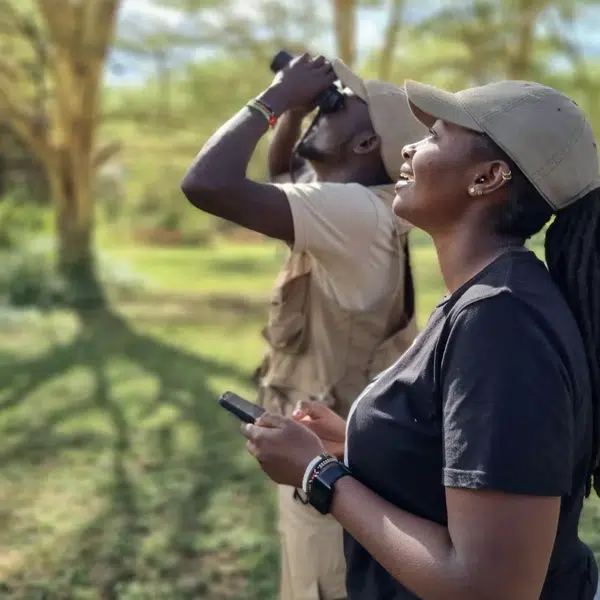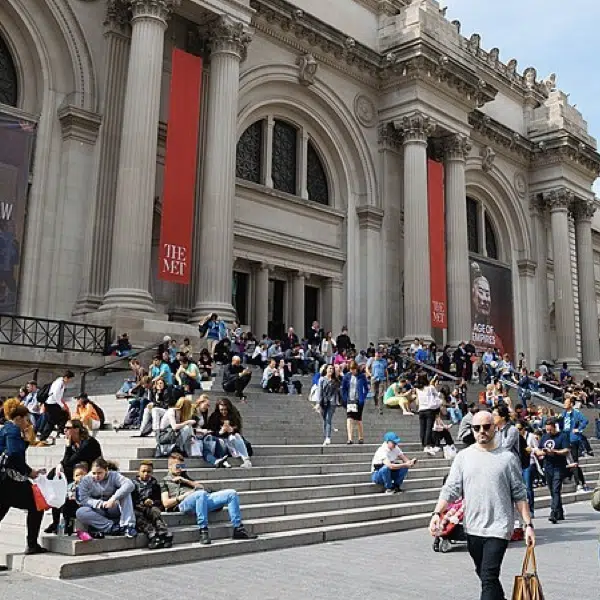Across the United States, some 870,000 Native American artifacts reside in museums and archives, with untold numbers more in private, non-Indigenous hands. Nearly 110,000 of these are human remains. Those held in institutions with public funding have long been ear-marked for return under the 1990 Native American Graves Protection and Repatriation Act. However, progress has been slow and privately funded museums and collections are not compelled in the same way. One small private museum in Barre, Massachusetts, has recently decided to do the right thing and return 150 sacred items to the Lakota Sioux peoples.
The Founders Museum in Barre has long held the collection acquired by the 19th-century traveling salesman Frank Root. He acquired Indigenous items to exhibit in a traveling road show. The false “vanishing” trope was already influential by the end of the 19th century despite the enduring presence of the tribes. The weapons, pipes, moccasins, and clothing Root collected eventually ended up in the Massachusetts museum. Some items are thought to have been stollen from the carnage at the 1890 Wounded Knee Massacre in South Dakota, where about 300 Lakota men, women, and children were murdered by U.S. troops.
These items are incredibly significant to Indigenous peoples, some of whom are descendants of survivors of Wounded Knee. “It was always important to me to give them back,” says Ann Meilus, president of the board at the Founders Museum. “I think the museum will be remembered for being on the right side of history for returning these items.” Oglala Sioux and Cheyenne River Sioux Tribal members recently traveled to Massachusetts to receive the 150 sacred items. At a public ceremony, the items were symbolically returned. They were physically turned over in private to their true caretakers.
“Ever since that Wounded Knee massacre happened, genocides have been instilled in our blood,” says 20-year-old Surrounded Bear, who traveled from the Pine Ridge Indian Reservation in South Dakota. “And for us to bring back these artifacts, that’s a step towards healing. That’s a step in the right direction.” The items will be stored at Oglala Lakota College while their future is decided by tribal leaders. 61-year-old Yellow Bull of the Oglala Lakota, is descended from Joseph Horn Cloud who survived the Wounded Knee Massacre. Reflecting on the public ceremony symbolically repatriating the items, he says, “I want them to walk away [from the public ceremony] knowing that we are all human beings.” After over a hundred years, at last, these items are returning to where they belong.
A museum in Barre, Massachusetts, has returned 150 sacred items to the Lakota Sioux peoples, some of which were stolen after the massacre at Wounded Knee.
h/t: [NBC, The Boston Globe]
Related Articles:
German Museum Repatriates Lakota Chief’s Embroidered Leather Shirt to His Descendants
17,000 Looted Ancient Artifacts Return to Iraq in Massive Repatriation
The Brooklyn Museum Returns 1,300+ Ancient Artifacts to Costa Rica
London Museum Is Returning Over 70 Pieces of Looted Art to Nigeria











































































